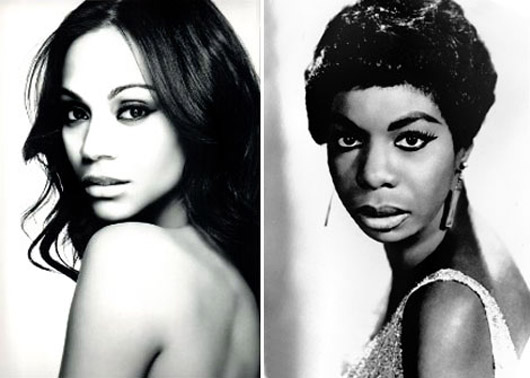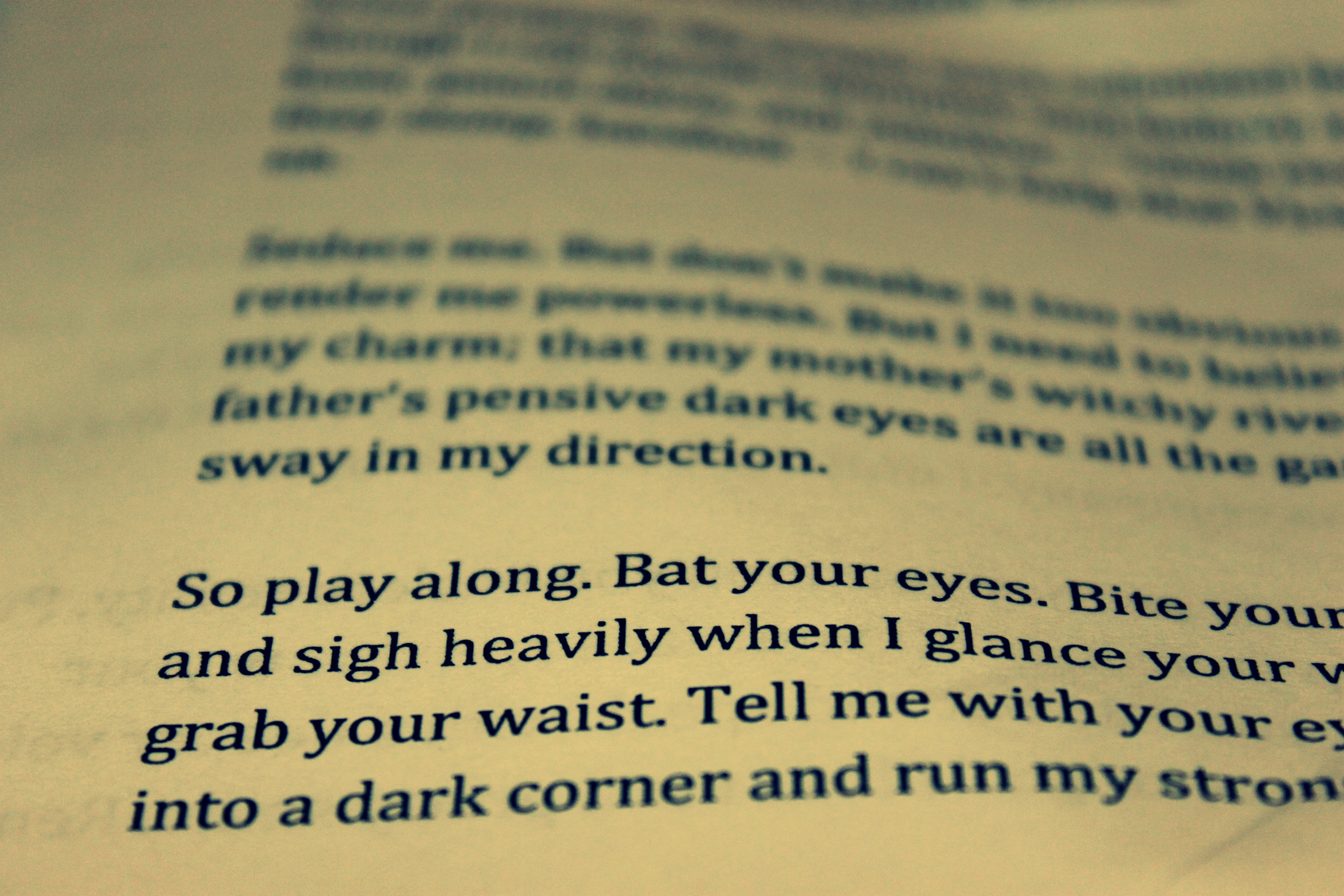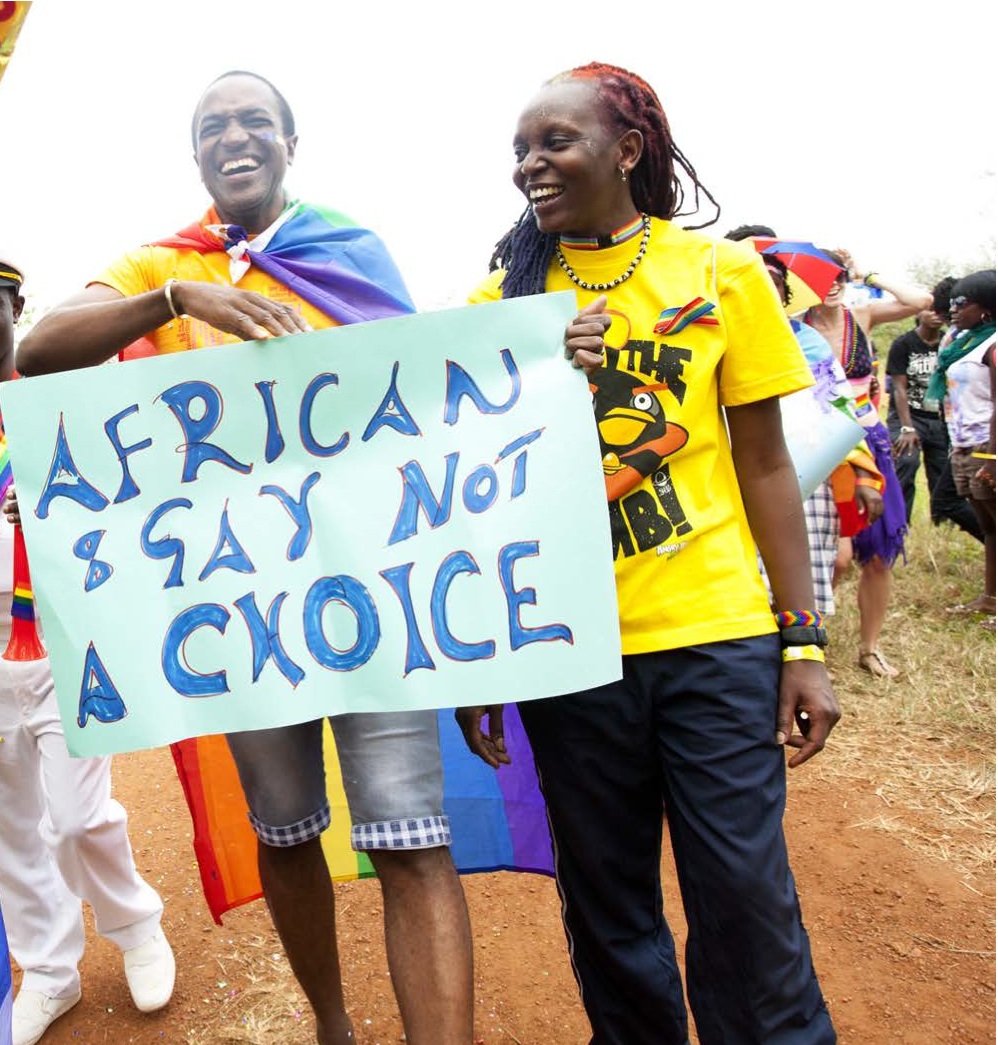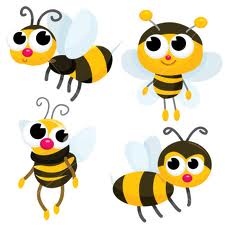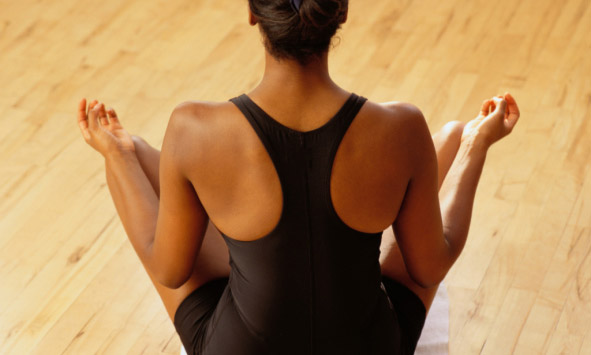In case you missed it, Hollywood is gearing up to release a biopic of Nina Simone, an African-American singer, pianist, and civil rights activists whose music was highlight influential in the fight for equal rights for blacks int he US. Zoe Saldana, a light-skinned Dominican actress has been cast to…
-
-
[VIDEO] Teaser Trailer for “Confessions of a Queer African Boi” Poetry and Erotica Chapbook
I've been working on a collection of erotica, poetry, and other free-form expressions for about a year now and just recently printed them into booklet form for editing. Flipping through the pages for the first time felt like the cold sensation of fingers slowly running down a soft layer of…
-
Afrofeminism - Blog - Gender and LGBT Issues - International Development - LGBT Africa - Movement-Building - Philanthropy - The Political, Personalized - Thought Leadership
Celebrate LGBTI Africa’s Pride Everyday (and Everywhere, Not Just Uganda)
I have witnessed the daily grind of empowerment of black South African lesbians, watched them sink and wade through the cultural stigma that surrounds them like a mist, clouding the world’s perception of their lives as ordinarily human. Thus, I have come to re-affirm my belief that we must also…
-
BEEcome BUZZworthy: My Social Media 101 Training Workshop for Passionate People
BEEcome BUZZworthy is a workshop geared towards activists, artists, change makers, and/or anyone who is interestd in learning how to use social media to impact influence and/or get access to resources beyond their immediate networks. Are you a passionate person who is interested in learning how to use social media…
-
Afrofeminism - Blog - Gender and LGBT Issues - Love and Afrofeminism - My Work - Self-Care and Self-Love - Special Series - Writing and Guest Blogging
Love and Afrofeminism: Is the Self Care Movement Individualist or Revolutionary?
Is the Self-Care Movement individualist or revolutionary? African culture prioritizes the welfare of the whole over the individual—perhaps too much so. But on the flipside, the individualism I’ve experienced in the US isn’t much better. Is balance between these two extremes even achievable?
Online rulet oyunları gerçek zamanlı oynanır ve online slot casino bu deneyimi canlı yayınlarla destekler.
İnternet üzerinden eğlence bahsegel giriş arayanlar için deneyimi vazgeçilmezdir.
Kullanıcıların hesaplarına hızlı ve sorunsuz bettilt ulaşabilmesi için adresi her zaman güncel tutuluyor.
